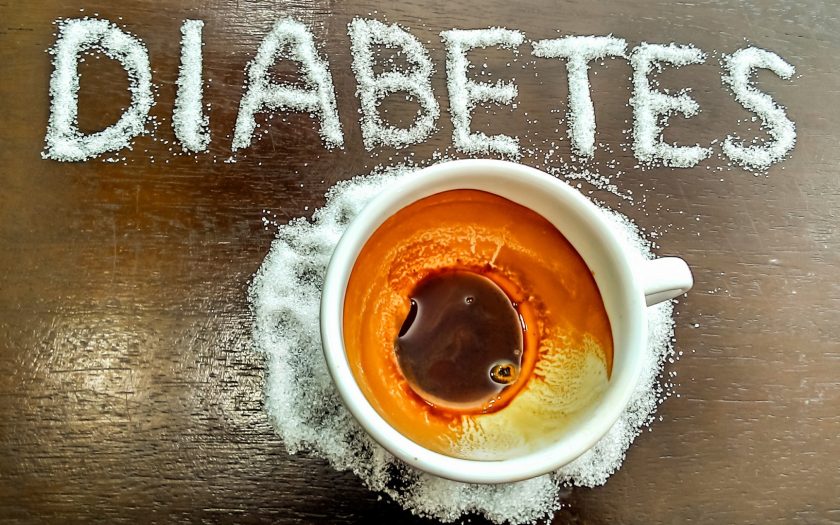The mechanisms by which stress is associated with diabetes can be divided into two categories: indirect and direct.
-
The direct effect of stress, manifested in physiological reactions, namely:
-
Elevated glucose levels.
Any emotional experience increases the level of cortisol and adrenaline. As a result, the release of glucose into the blood increases and muscle tissue does not process sugar well. This reaction is due to the fact that stress is a danger to the body, and now it needs glucose.
-
Decreased insulin sensitivity.
Regular stress can cause a decrease in insulin sensitivity. This is due to the effects of stress on the pancreas.
-
Weakened immunity.
Stress is directly related to our whole body, and its regular manifestation disrupts the immune system. As a result, the body is sensitive to all viruses and bacteria.
-
The indirect effect of stress is less obvious:
-
Eating disorders.
During stress, there are two extremes: eating too much or too little. Cravings for unhealthy carbohydrate foods (chips, candy, ice cream) temporarily helps to improve mood. However, along with excess sugar, harmful fats get into the bloodstream, which raises cholesterol levels.
-
Bad habits (smoking or drinking)
Most alcoholic beverages raise blood sugar levels. As a rule, beer, wine and liqueurs have this effect. Alcohol blocks the functioning of the liver and converts glycogen stores into glucose. This increases the risk of hypoglycaemia when your blood sugar starts to fall.
Reducing stress can seem like a daunting task. However, if you follow these guidelines, you can stay healthy.
-
Be kind to yourself.
Excessive demands can lead to fatigue, despair or depression. It’s good to say no to what you really don’t want or need to do.
-
Talk to someone.
Share your experience with someone you trust (family member or friend). During the conversation, you can not only get support, but also find a solution that was not noticed before.
-
Do not forget about exercise.
Exercise can help relieve stress, walking can help rejuvenate, and yoga can help relax your body. Exercise helps to remove glucose from the body. You will start to feel better.
-
Relax.
Practice muscle relaxation, deep breathing, and meditation. If you do not have time to meditate, you can just breathe deeply and calmly for 5 minutes. You can also install programs on your phone to help you do breathing practices.
-
Reduce caffeine intake.
Caffeine gives the body a quick charge of energy. However, if taken in excess, it can cause anxiety and increase irritability.
-
Deep sleep.
Sleep is especially important for people with high blood sugar or those who are at risk. Insufficient sleep causes a chronic hormonal imbalance, which can later lead to impaired blood sugar control. Try turning off the TV half an hour before bed, turning off social media, news, and getting your brain ready for bed. This will help you fall asleep easier and provide sound sleep.

